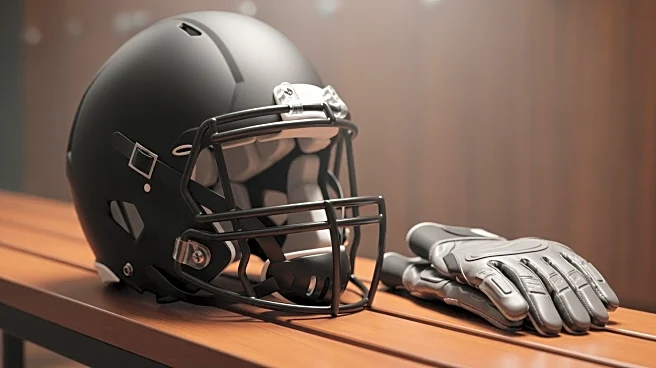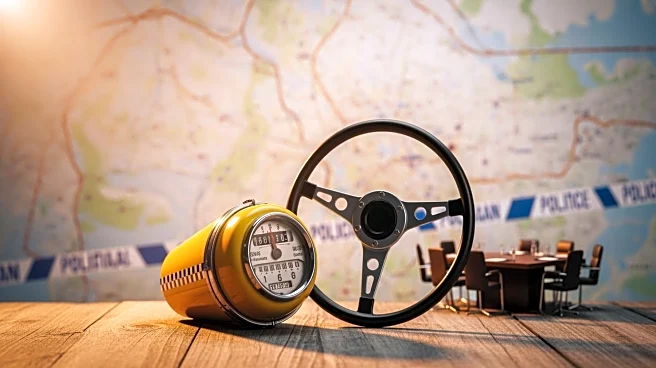What's Happening?
Individuals who are blamed by police for an accident can challenge the report by identifying errors and presenting evidence to support their account. Police reports are not legally binding but serve as supporting evidence in determining liability. It is crucial to act quickly by obtaining the report, reviewing it for accuracy, and consulting with an accident attorney. Steps include contacting the officer for corrections, submitting a supplemental statement, and gathering evidence such as photos, witness statements, and expert opinions.
Why It's Important?
Police reports play a significant role in insurance claims and legal proceedings, influencing the determination of fault and liability. Errors in these reports can adversely affect an individual's ability to receive fair compensation. Challenging inaccuracies is essential to protect one's rights and ensure a just outcome. The process of disputing a police report can be complex, highlighting the importance of legal guidance to navigate potential biases and errors effectively.
What's Next?
Individuals disputing police reports may need to engage in further legal actions if corrections are not made. This could involve filing formal complaints or pursuing legal avenues to address inaccuracies. Consulting with a personal injury lawyer can provide strategic advice and support in challenging the report's findings. The outcome of these disputes may impact insurance settlements and the overall resolution of accident claims.
Beyond the Headlines
The ability to dispute police reports underscores the importance of transparency and accountability in law enforcement documentation. It raises broader questions about the reliability of police reports and their impact on legal processes. Ensuring accuracy in these reports is crucial for maintaining public trust and fairness in the justice system.











